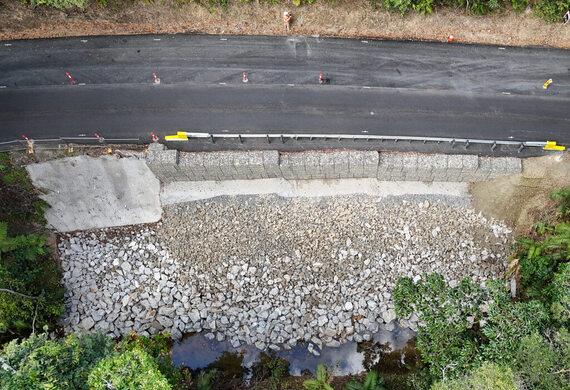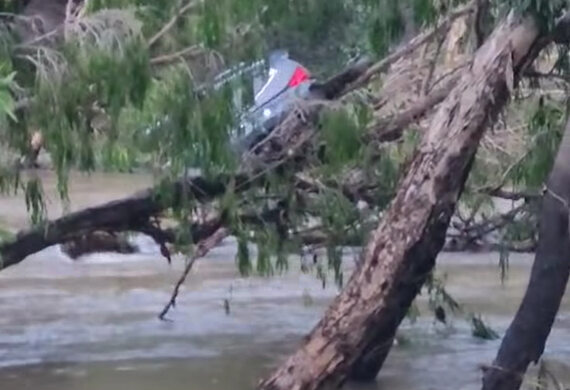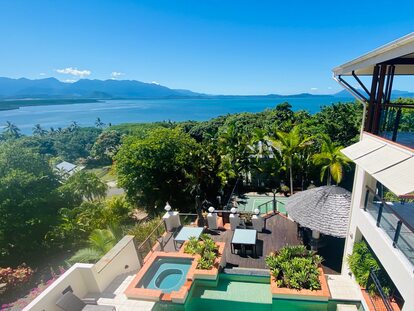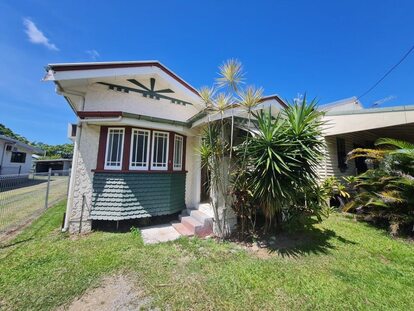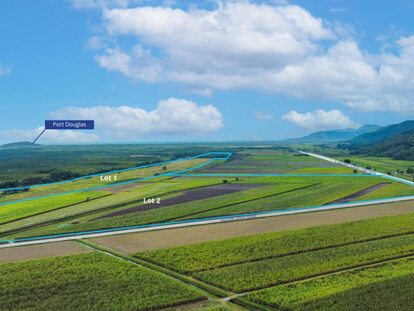Coral Nurture Program hits remarkable milestone: Over 100,000 new corals planted in Great Barrier Reef
PATH TO PRESERVATION
In a huge milestone for marine conservation, more than 100,000 new corals have been planted across multiple reef locations in the Great Barrier Reef since a restoration mission that started in 2018.
The achievement was reached by the Coral Nurture Program, a partnership between researchers and tour operators with a combined goal to protect our reefs, replenish damaged sites and increase reef resilience to the ever-changing environment conditions.
They began their mission of restoration in 2018 to restore damaged sites and raise the resilience of existing healthy coral sites in our region.
The Coral Nurture Program was originally founded by John and Jenny Edmondson, owners of Wavelength Reef Cruises in Port Douglas.
They joined forces with Professor David Suggett, an esteemed marine scientist, and Dr Emma Camp, a Biogeochemist from the University of Technology Sydney.
Dr Camp is currently one of the Project Leaders specialising in forming the best strategies of reef restoration that accounts for the future stressors the reef will face.
Opening important doors
Newsport spoke with Dr Camp to gain more information on her work within the Coral Nurture Program and how this milestone opens a door to the future widespread preservation of coral reefs.
“We focus on ecological and economic high value reef sites, working to optimise restoration and establish what makes some sites better for coral planting than others,” Dr Camp explained.
The Coral Nurture Program uses ‘corals of opportunity’, which are naturally fragmented corals that would likely die without intervention as they are not attached to the substrate.
These fragments of opportunity are attached to the reef via a CoralClip® developed by John Edmondson.
Corals are planted to help restore damaged sites as well as to boost coral abundance and resilience at other locations.
The team from the University of Technology Sydney are now employing cutting edge science to try and aid the selection of corals that have the best chance of surviving thermal stress.
This will help boost the resilience of the reef to future environmental change through selective coral planting.
The Coral Nurture Program is heavily based on the relationship between local communities and research teams.
“There are people out there who want to make a difference,” Dr Camp said. “Many Tour Operators want to do more to protect the reefs that they work on.”
Dr Camp believed science has a lot to gain from working with local reef stakeholders who can share their local knowledge, experiences, and skills to maximise the impact of the science undertaken.
The time to act is now
Although the Coral Nurture Program started small in Cairns and Port Douglas, it has already expanded to the Whitsundays region, working with tourism operators to begin coral preservation and restoration in that area.
The CoralClip® is also being used in over 19 countries worldwide and Dr Camp believes the Coral Nurture Program can contribute knowledge to support other global restoration efforts.
Overall, Dr Camp emphasised the time to act is now. “Global heating is at an all-time high, we predict mass bleaching in the coming years,” she said.
“We are at a point where the risk of ignoring it is higher than the risk of intervening.”
Thank you!
Newsport thanks its advertising partners for their support in the delivery of daily community news to the Douglas Shire. Public interest journalism is a fundamental part of every community.
Got a news tip? Let us know! Send your news tips or submit a letter to the editor here.
* Comments are the opinions of readers and do not represent the views of Newsport, its staff or affiliates. Reader comments on Newsport are moderated before publication to promote valuable, civil, and healthy community debate. Visit our comment guidelines if your comment has not been approved for publication.


